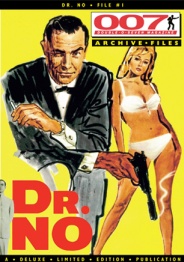12 Angry Men (Sidney Lumet, 1957)
Sidney Lumet’s 12 Angry Men is a permanent trace of an impermanent form: the live television anthology show. In the early fifties, the US networks produced several anthology programs in which new original dramatic plays would be performed live to air. By their nature these programs were destined to fade from memory: the form had been replaced by more conventional filmed (ie not live) dramas by the end of the fifties, and few of the programs were preserved. Yet they retain a fascination for those, like myself, who never saw them. Live anthology programs challenge the post-fifties conception of what the television medium is about: instead of being a poor cousin of cinema (which, despite all the great TV out there, is what I think most of us still subconsciously accept TV as), these shows took much of the best of live theatre and cinema to create a unique hybrid medium. The anthology shows attracted talented writers and created genuinely prestige programs. The Best Picture winner for 1956, Marty, was based on a Paddy Chayefsky-scripted episode of Philco’s Television Playhouse, while 12 Angry Men, an adaptation of a 1954 episode of Studio One, was nominated for the same award in 1958. Try to imagine an episode from even the best of today’s television shows being adapted into an Oscar winning film only a few years after airing on television and you’ll have an idea of how far TV has fallen in the cultural stakes. No wonder Hollywood feared it.

 Dr No (Terence Young, 1962)
Dr No (Terence Young, 1962)